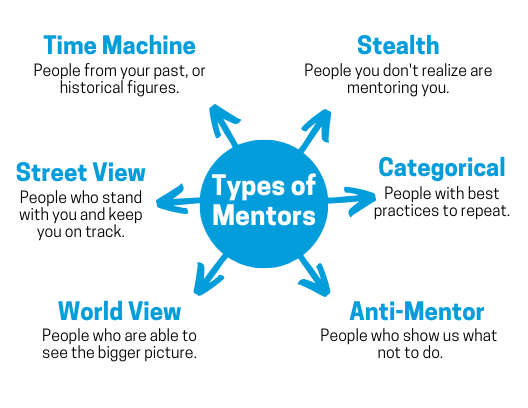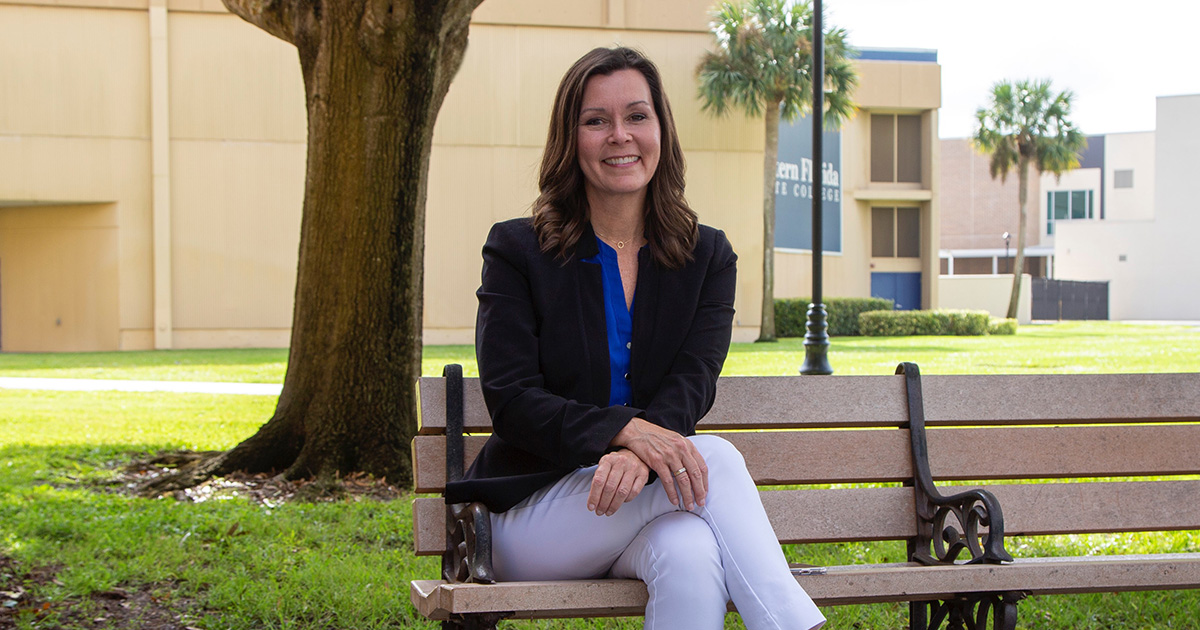I’m a huge fan of action movies and superheroes — I mean huge! I’m not sure where this love came from, but I’m fascinated by their super-human strength and amazing abilities. I admire the everlasting hope they inspire against all odds. I simply love finding out the back-stories of the characters. Whether they were born super or became super from miraculous events, they have each overcome a past that shaped them. And every single one of them had a mentor.
Even Batman needed a mentor. As a child, Bruce Wayne experienced the tragic loss of his parents, among other traumatic events. Alfred Pennyworth, his loyal butler, was always right there beside him to help. For example, Alfred once famously reminded his young charge, “Why do we fall, sir? So we can learn to pick ourselves up.” Alfred didn’t do the work for Bruce; instead, he helped him to discover the path on his own. This is what mentors do. They encourage you to find the talent or strength within yourself, then they cheer you on.
Everyone needs a mentor. Even though you’re now ready for college, you still need people you can trust and look up to for guidance. We are not meant to have all the answers or to figure it all out on our own.
Experts agree that having multiple types of mentors speaking wisdom into your life is more beneficial than having just one. Think about it. Different people have different strengths. No one is an expert on everything. Professional development instructor and mentorship speaker Doug Stewart says mentorship isn’t done to you. It is something you do with the help of other people. In one of his YouTube videos, he explains how having five and a half mentors will change your life.
Types of Mentors
- World View Mentors: People able to see past your perspective to the bigger picture.
- Street View Mentors: People who stand with you, have the same perspective and keep you on track.
- Time Machine Mentors: A historical figure you have never met, or someone from your own past.
- Stealth Mentors: People you don‘t realize are mentoring you.
- Categorical Mentors: People whose best practices you file away and repeat (and whose lessons teach you what not to repeat).
The “half” Stewart refers to is the Anti-Mentor. Just as an anti-hero lacks the integrity of a superhero, an anti-mentor shows us what not to do. They’re the examples we try not to follow, and all of us have one or two of them in our lives.

Finding a Mentor
Sometimes mentors find us naturally, and other times we have to seek them. In that instance, you don’t always have to make a formal “Will you be my mentor?” request. Instead, take inventory of the circle around you. Who do you see? Family, friends, neighbors, classmates, advisors, professors, co-workers, community groups, student clubs, professional organizations…the list goes on. Recognize where you have a need, then actively look for someone in your circle who can show you the way. Many of us struggle asking for help, but keep in mind that it’s a complement to the person you’re asking. You see them as an expert. It may lift them up to know that they are admired for something they do well.
Here at EFSC, you can connect with an academic advisor who will act as a mentor by guiding you through the college process. You can also seek advice from recent graduates who have experienced the benefits of mentorship first-hand.
The best part about having a mentor? It’s not a one-way street! Chances are good that there’s someone in your life who looks to you as an expert too. This is your opening to pay it forward by being for them what your mentor has been for you. What are your strengths? It’s true that every superhero had a mentor. What you may not realize is that every one of those mentors was also a hero. Now all you have to do is find a mentor, be a mentor — and get fitted for your cape.
- Faces on Campus: Winter Break Edition - December 15, 2021
- It’s Never Too Late - August 25, 2021
- Overcoming Barriers To Degree Completion - April 28, 2021




